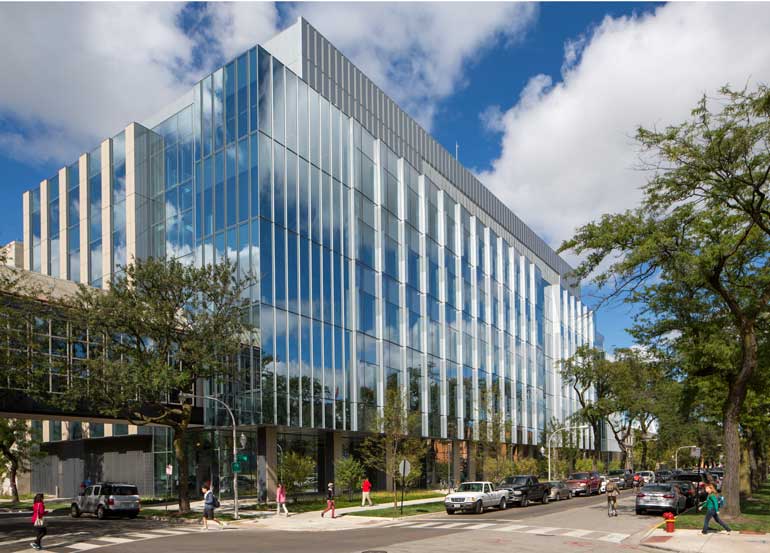Argonne National Lab (ANL) received a reprimand last month for nuclear safety violations dating back to 1999, blemishing the University’s stellar management reputation.
The Department of Energy (DOE) issued a preliminary notice of violation to Argonne on March 7 for a myriad of violations, including inadequate recordkeeping and safety precautions for radioactive material.
Argonne violated nearly all aspects of radiation protection and quality assurance programs, the DOE’s enforcement office director Stephen Sohinki said.
“It is truly fortuitous that no one has been seriously injured as a result of the deficiencies addressed in prior reviews of ANL activities,” Sohinki wrote in a letter to Argonne director Robert Rosner.
The safety violation notice could not come at a worse time for the University. Locked in a competitive bidding process to keep Argonne stewardship rights, the University has projected itself as a superlative manager of the national lab.
The University’s contract to manage Argonne expires September 30, 2006. The University is preparing a proposal to keep management privileges for Argonne, the $500-million-a-year lab 25 miles southwest of the Loop that was chartered in 1946.
The University’s management expertise had also drawn praise from outside Chicago. In February, Universities Research Association (URA), the international research consortium that runs Fermilab, cited Argonne’s “distinguished record” of managing major science research facilities in selecting the University to co-manage the particle physics lab, according to a URA press release.
Despite the violation, the University appears to have no serious competitor for Argonne. Battelle, which manages five national labs and wrested control of Idaho-based Argonne National Lab–West from the University in 2005, had previously been seen as a strong competitor for Argonne.
However, Battelle has decided not to pursue Argonne, according to spokeswoman Katy Delaney.
“We will not be in the competitive bidding process for the Argonne laboratory,” she said.
Asked how the violation notice would affect the University’s campaign to keep Argonne management rights, Rosenbaum said: “This comes against a backdrop of outstanding performance ratings in science and management.”
The violation notice was unrelated to the Argonne competitive bidding process, Rosenbaum said.
The violations carry a $550,000 penalty, which Sohinki decided to drop. He did not blame the violations on Rosner, who has served as Argonne director since April 2005.
“You personally bear no responsibility for any of the significant historic deficiencies described in this,” Sohinki wrote in the letter.
Argonne accepts responsibility for all the violations, said Thomas Rosenbaum, the University vice president for Argonne.
Rosenbaum defended Hermann Grunder, who preceded Rosner as director of Argonne from 2000 to 2004. “Blaming one person is inaccurate and facile,” Rosenbaum said. “We are providing new leadership, increased oversight and accountability, and additional resources to make Argonne ‘best in class.’”
“Best in class” describes the superlative rating the DOE uses to grade its labs.
The violations have been well documented, Sohinki wrote. Sohinki’s office outlined the deficiencies in 1999 and 2005, another DOE review discussed them in 2002, and Argonne’s own site office reviewed them in 2003.
Argonne did not work to ameliorate earlier problems because the DOE placed insufficient audit pressure on the lab, Rosenbaum said.
Argonne has corrected about 75 percent of the violations, Rosenbaum said. The most important changes include: the creation of a new, internal performance organization; the creation of a new University Oversight Council; the reorganization of the radiation safety program; and the hiring of new staff to address safety concerns.
The most costly correction will be to hire new Argonne staff, Rosenbaum said.









